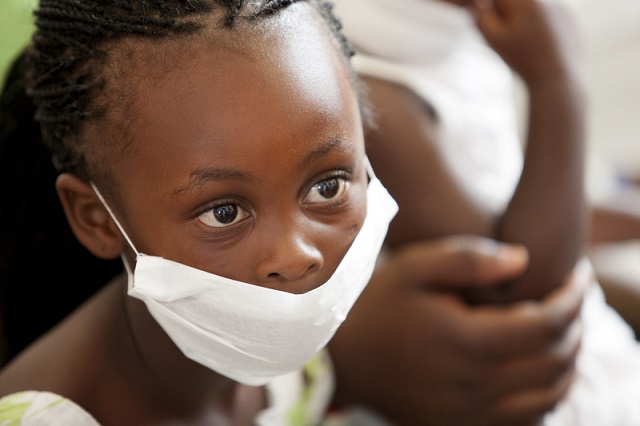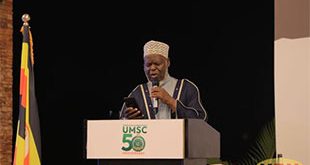
Kampala, Uganda | THE INDEPENDENT | About 15% of children who should be receiving Tuberculosis (TB) treatment as a form of prevention or prophylaxis are not getting this treatment, according to Makerere University John Hopkins University Research Collaboration (MU-JHU).
Speaking to journalists on Friday, Dr. Eric Wobudeya, a researcher and specialist in pediatric TB said healthy children who get in contact with someone tested positive for TB are supposed to be given drugs for six months to avoid infection and yet this is not happening among many of them.
Even when it comes to children that actually get infected, half of them are missed at diagnosis stage. He said in 2018, 10,000 children tested positive for TB in Uganda but adds that another 5000 might have been missed while testing.
A medical worker who spoke to URN on condition of anonymity confirmed that they are actually challenged with testing children for TB as it’s complicated for them to pick sputum from them. “Even when a child has TB you can fail to get the germs in their sputum but in adults it’s very easy. Children have very few germs”, she said that even if a chest X-ray is a recommended way for screening in children the features that show that one is positive may not show in children X’rays.
But, Wobudeya says health workers are failing even on the basics which should be giving them clues on whether a child has TB or not. For him, all health workers testing children for TB should start diagnosis by simply asking four key questions whether there has been persistent cough for two weeks, whether there has been persistent fevers, sudden weight loss or if there is anyone in the family who has tested positive for the disease.
But, screening is not the only challenge that they are facing in the treatment of TB in children. He says children also face major challenges being retained on treatment since the duration is long at six months for those with the less severe type of TB and up to a year for those that develop TB of the Brain technically known as TB meningitis and TB of the bones which tend to manifest in children who have missed their BCG vaccination.
At MUJHU he says they are currently conducting a study involving 376 children where they are trying to establish efficacy of TB medicine if treatment duration is reduced from the current 6 months to at least 4 months in order to aid adherence to treatment.
If the study results come out positive, he says this will help improve treatment outcomes for children.
Results of this study are expected in June.
But even in the area of prophylaxis, he says the duration is being reduced from the current 6 months to weekly doses.
******
URN
 The Independent Uganda: You get the Truth we Pay the Price
The Independent Uganda: You get the Truth we Pay the Price


